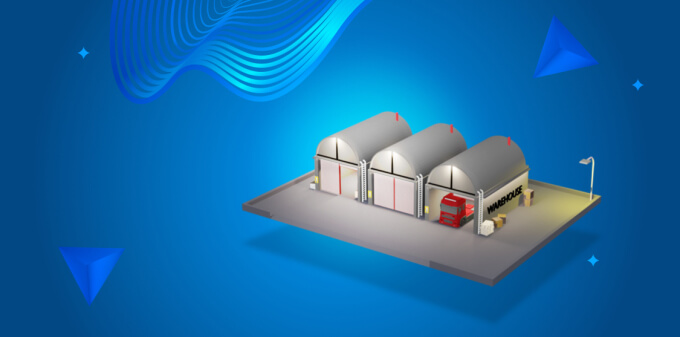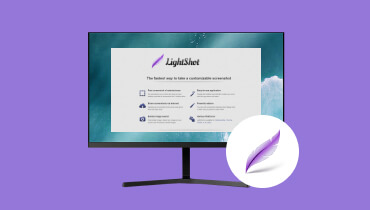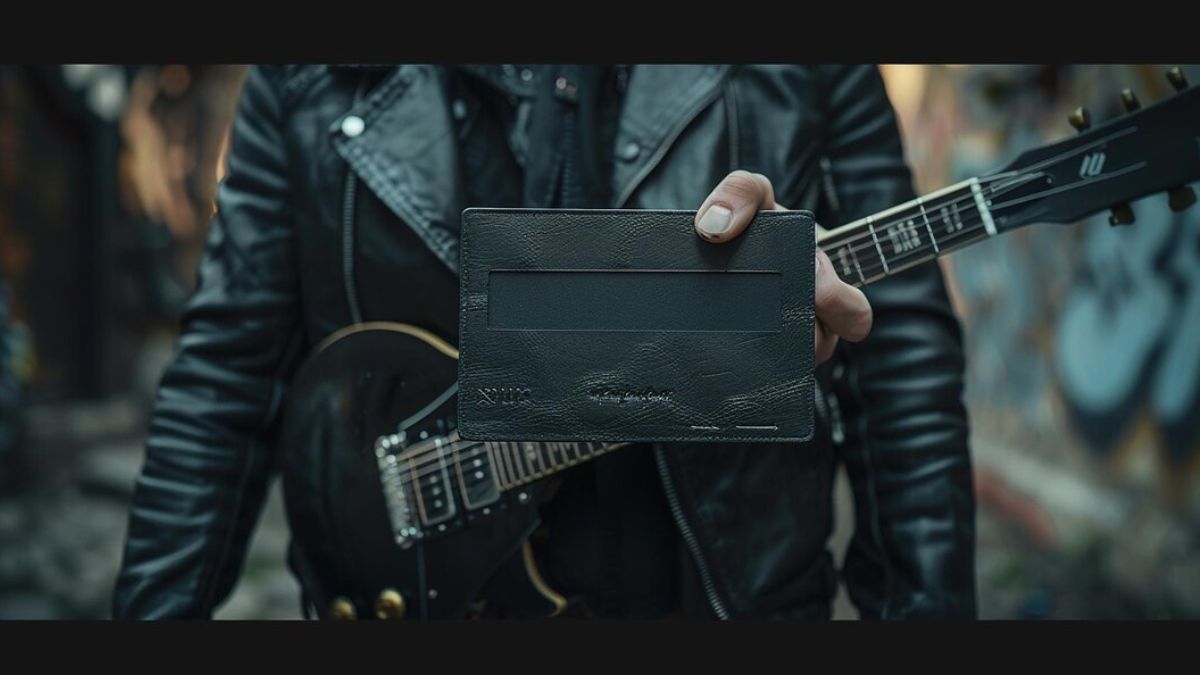It is more crucial than ever to keep a robust 4G signal in our increasingly connected society. Signal strength matters whether you use your mobile device for business, pleasure, or communication with family and friends. However, have you ever given any thought to how your surroundings can be influencing your connectivity? More specifically, have you considered how a metal trailer can affect your 4G signal? We’ll go into this fascinating subject in this blog post, hoping to clarify whether and how metal trailers may impact the quality of your cell signal. Through comprehension of the underlying factors, you can implement measures to enhance your connectedness in many environments.
Recognizing the Fundamentals of 4G Signal
Before discussing how metal trailers may impact your 4G signal, it is important to comprehend what a 4G signal is and how it works. The term “fourth generation,” or 4G, refers to a standard for mobile networks that offers more connectivity and quicker data rates than its forerunners. It transfers data between your device and neighboring cell towers via radio waves.
To guarantee that consumers have access to a robust signal, network operators build a network of cell towers to cover particular regions. Numerous elements, like as physical barriers, network congestion, and the distance between you and a cell tower, affect the quality of your 4G connection.
Radio Waves’ Function in Connectivity
The foundation of mobile communication is radio waves. These electromagnetic waves facilitate smooth communication between us by transmitting data over great distances. These radio waves are sent and received by your phone from a nearby cell tower when you use it to make a call or browse the internet.
Radio waves can, however, be attenuated and interfered with. When objects obstruct radio waves’ path, interference occurs, weakening the signal. The progressive loss of signal power that occurs when radio waves pass through obstructions is referred to as attenuation.
Is It True That Metal Trailers Affect Signal Strength?
After covering the fundamentals of 4G signals, let’s tackle the main query: Can metal trailers affect the strength of your 4G signal? Yes, that is the response. Due to their physical characteristics, metal trailers might interfere with signal transmission.
Dense and conductive, metal can either reflect or block radio frequencies. A metal trailer can act as a barrier to restrict signal access when it is positioned in the way of your device and the cell tower. This is comparable to how signal loss might occur when entering a metal parking garage or elevator.
The Interference of Metal and Its Physics
We must look at the physics involved in metal interference with 4G signals in order to comprehend why it occurs. Trailers and other metal surfaces are impediments to electromagnetic radiation. Radio waves can be absorbed, reflected, or scattered when they come into contact with a metal surface.
When radio waves are absorbed by metal, the transmitted signal’s power is decreased. This process is known as absorption. Signal distortion results from reflection, which occurs when radio waves strike a metal surface and bounce back. The dispersion of radio waves in different directions, which further attenuates the signal, is referred to as scattering.
Elements Affecting the Attenuation of Signals
The amount of signal attenuation brought on by metal trailers can vary depending on a number of variables. By being aware of these elements, you can lessen the possibility of signal problems.
Distance from Cell Tower: Your signal is more vulnerable to attenuation the further you are from a cell tower. A metal trailer may not have as much of an impact if you’re close to a phone tower.
Thickness and Metal Composition: Both the thickness and the metal composition of the trailer’s construction are important factors. Greater attenuation may result from thicker metal than from thinner sheets.
Positioning and Orientation: Signal strength can be impacted by the trailer’s orientation and placement with the cell tower. A trailer that is directly in the way of your device’s line of sight with the tower will cause more of an interference.
Real-World Signal Interference Scenarios
Gaining an understanding of how metal trailers affect 4G signal strength in the real world can help with managing connectivity issues. Let’s examine a few such situations involving signal interference.
Camping Vacations and Outlying Areas
Envision yourself enjoying a remote camping vacation where your only means of communication is your cell device. Your tent and the closest cell tower may be separated by your metal trailer, which could result in poor signal strength and slow data rates or failed calls. Try to avoid obstacles and optimize your line of sight to the tower while positioning your trailer to help prevent this.
Workspaces and Mobile Offices
Reliable connectivity is essential for people who use metal trailers as portable workstations or offices. Productivity may be impacted by a barrier that a metal trailer creates that obstructs signal transmission. To improve connectivity, arrange your workstation to stay clear of signal obstructions and look into signal-boosting options.
Downtown Regions and Parking Garages
Metal trailers and buildings like parking garages might interfere with signal reception in cities. Due to signal interference, your device may have trouble maintaining a solid connection when parked in such areas. Think about utilizing Wi-Fi networks or parked outside to enhance your cell connection.
Ways to Strengthen the Signal
There are a few ways to improve connectivity if a metal trailer is the cause of your signal problems.
Repeaters and Boosters of Signals
A good way to increase the strength of a 4G signal is to use signal repeaters and boosters. By boosting the strength of the current signals, these gadgets decrease interference and improve coverage. In order to improve your mobile connection—especially in places with spotty coverage—install a signal booster in your trailer.
Outside Antennas
In difficult conditions, external antennas can help catch and amplify incoming signals to improve connectivity. To reduce the effects of metal interference and increase your device’s reach to cell towers, mount an extra antenna on your trailer.
Placement Strategically
Take into account the angle and position of your trailer in relation to the closest cell tower when parking. For best connectivity, position your trailer to avoid signal obstacles and to maximize your line of sight to the tower.
Mobile Connectivity’s Future
The world of mobile connectivity is always changing. The methods for reducing signal interference and enhancing connectivity develop along with technology. To reduce the negative effects of metal interference on 4G signals, engineers and researchers are investigating novel materials and configurations.
5G networks and other emerging technologies have the potential to improve connection in difficult locations. Although 5G is still in its early phases of rollout, it promises improved signal penetration and quicker speeds, which may lessen the effects of metal interference.
In summary
In summary, knowing how metal trailers affect your 4G signal is important if you want to maximize your connection. Signal strength is important whether traveling by car, working from a mobile office, or traversing urban areas. Although metal trailers can block radio waves and cause communications to become weaker, preventative methods and new technology show promise. You may improve your mobile experience and remain connected wherever your travels take you by using signal boosters, placing yourself strategically, and keeping up with upcoming developments.











One thought on “How Metal Trailers Affect the Strength of Your 4G Signal”